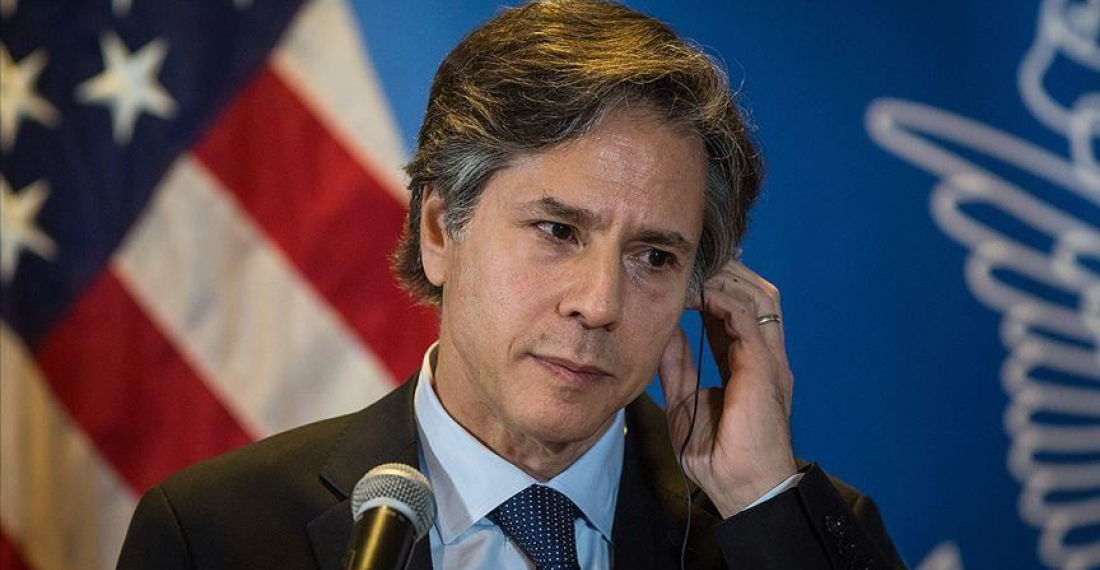Benyamin Netanyahu is back in office as prime minister of Israel, at the head of a coalition that has been described as the most right-wing in the history of the Jewish state. Changes are expected in policy on a number of issues, including a hardening of foreign policy positions and support for new settlements in the Palestinian territories.
The United States, whilst remaining Israel's staunchest supporter, is concerned about what the new policies may lead to.
In a short statement on Monday (2 January), the State Department said that "Secretary of State Antony J. Blinken spoke today with Israeli Foreign Minister Eli Cohen to congratulate him on his appointment and underscore the United States’ abiding commitment to the U.S.-Israel partnership and to Israel’s security. Secretary Blinken discussed continued U.S. efforts to advance mutual interests such as Israel’s further regional integration, including through the Negev Forum; address shared challenges, including the threat from Iran; and promote the values that have been at the heart of the bilateral relationship for decades. The Secretary emphasized the continued U.S. commitment to a two-state solution and opposition to policies that endanger its viability."







